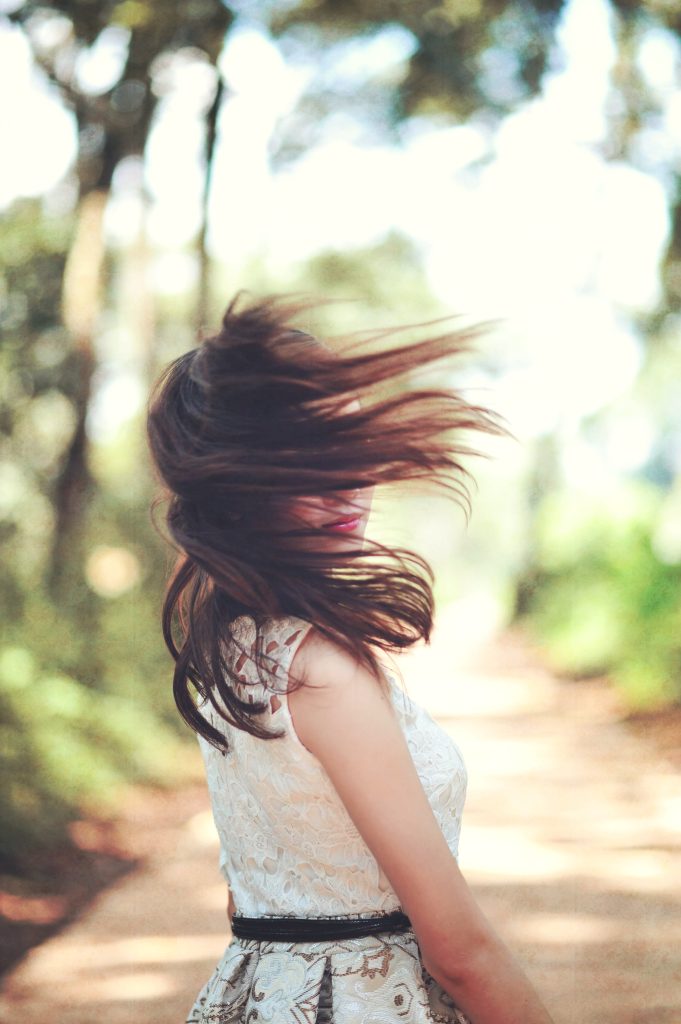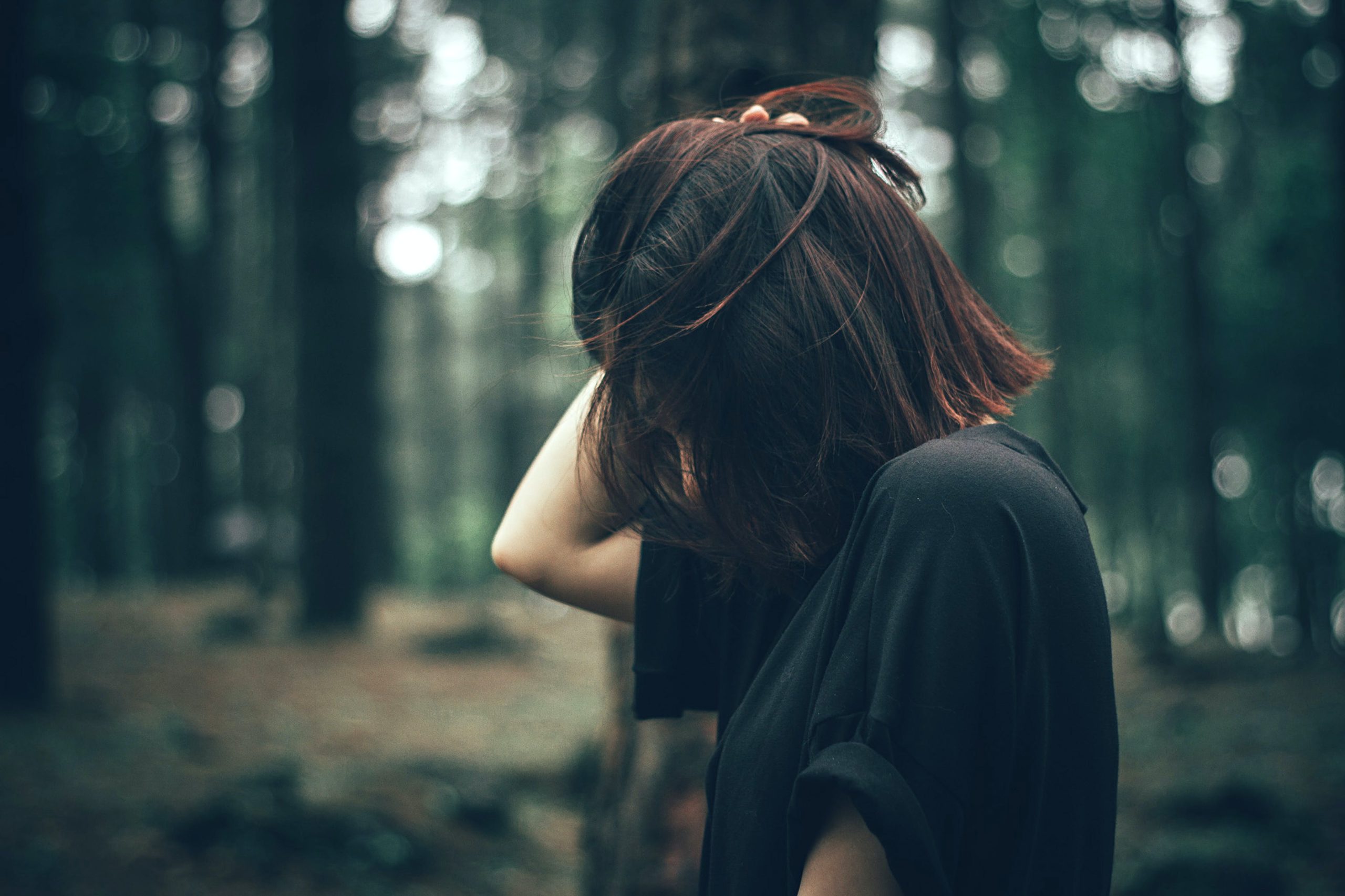What Is Hard Water?
Hard water is a common haircare hindrance, with over 85 million US households dealing with the mineral-rich liquid flowing from their showers and taps.
While some know hard H2O leaves annoying spots on dishes or dingy residue in washing machines, fewer realize what it does to their mane. The excess minerals that make water “hard” actually leave hair brittle, dry, and dull over time.
Understanding the science behind hard water hair damage can help you revitalize your strands.
Hard water refers to water that contains a high concentration of dissolved minerals, specifically positively-charged metal ions.
The most common minerals found in hard water are calcium and magnesium. But iron, zinc, manganese, and other metals can also contribute to water hardness.

3 Signs of Hard Water on Hair
Increased Frizz and Flyaways
One of the most common complaints is lackluster locks that won’t lie flat. Hard water leaves hair looking frizzy and puffy by lifting up the cuticles. When the protective outer layer is raised, strands become prone to tangling and static cling from friction. The result? Annoying flyaways and baby fuzz hair around your hairline no matter how much you brush or slick it down.
Faded Color and Loss of Shine
Got highlighted or color-treated hair? Hard water causes the cuticle to swell, allowing the color molecules to leach out. This accelerates fading, leaving hair appearing brassy and dull much sooner than it should. The mineral deposits also coat strands like a choking layer of chalk, robbing them of healthy sheen and brightness.
Brittle, Breaking Strands
Over time, hard water has a cumulative damage effect. The constant lifting and swelling of the cuticles weakens and wears down strands. Hair loses elasticity and protein content from the inside out. With the protective outer layer also stripped by mineral salts, moisture evaporates, leading to dry, brittle hair. The result is breakage-prone locks that snap and shear with just a brush or basic styling.

Best Hard Water Hair Treatment
To combat dry, brittle locks and restore moisture, strength, and shine, try this intensive hard water hair treatment:
What You Need:
- Clarifying shampoo
- Hydrating hair mask
- Deep conditioner
- Leave-in conditioner
- Wide-tooth comb
- Microfiber hair towel
Step 1: Clarify
Start by washing hair with a clarifying shampoo to remove built-up mineral deposits and oils. Concentrate on the roots and lengths, massage into scalp. Rinse thoroughly.
Step 2: Deep Condition
Work a hydrating hair mask from roots to ends. Cover with a shower cap and let sit for 15-20 minutes to intensely moisturize. The water will have lifted and swollen the cuticle; this allows the conditioner to penetrate the inner layers.

Step 3: Rinse and Towel Dry
Rinse out the hair mask thoroughly using cool water to seal the cuticle. Gently blot hair with a microfiber towel to soak up excess moisture. Do not rub!
Step 4: Leave-In Conditioner
Evenly distribute a leave-in conditioner from mid-lengths to ends. Use a wide-tooth comb to spread it through evenly. This will continue nourishing strands and sealing in moisture.
Step 5: Air Dry
Let your hair air dry naturally–no blow-drying, curling irons or other hot tools! This allows the moisture and protein treatments to set without further damaging the bonds.
Make this intensive treatment a weekly ritual, and your hair will bounce back from even severe hard water damage over time. The key is continually removing mineral buildup and replenishing moisture.
